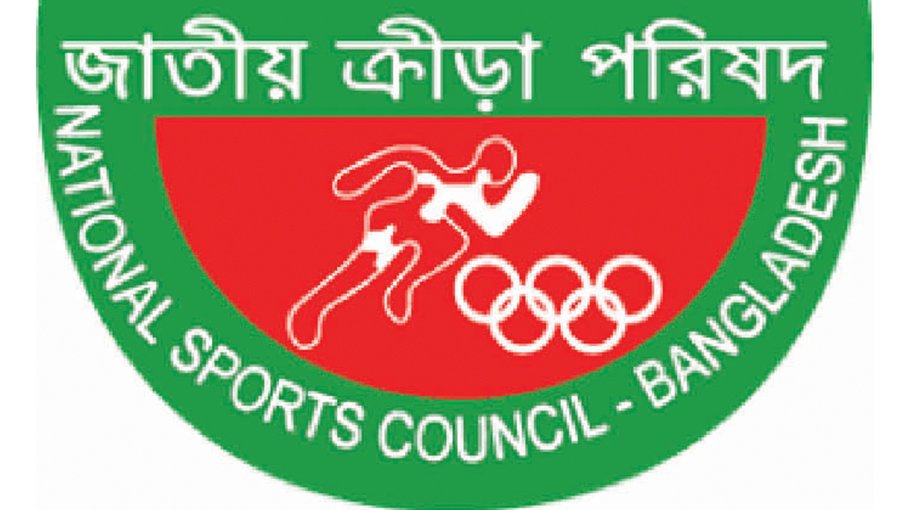NSC’s lack of medical support leaves athletes vulnerable

The sudden death of Bangladeshi chess grandmaster Ziaur Rahman during the National Chess Championship has exposed a critical failing within the National Sports Council (NSC) – the lack of proper medical support for athletes.
While well-funded sports like cricket, football, swimming, and shooting enjoy a degree of medical support, the reality for most national federations in Bangladesh is starkly different.
The Bangabandhu Stadium Complex itself, a hive of activity for football, hockey, handball, volleyball, table tennis, badminton, boxing, weightlifting, wrestling, and wushu, sees a constant stream of athletes training and competing. However, with the exception of cricket and football, these federations struggle financially, making the luxury of a permanent doctor a distant dream. Many simply cannot afford medical personnel even during crucial tournaments or league matches.
The National Sports Council, tasked with overseeing all sports federations and organisations in Bangladesh, has a designated position for a doctor-compounder. There's even a budgetary allocation for medical services. Yet, incredibly, the NSC hasn't had a doctor since December 2019. Compounder Azad, who served for over three decades, retired in 2021.
Despite having both a designated space and financial resources, the NSC's medical department stands empty. Renowned physician Dr. Kanak Kanti Barua served as the NSC doctor in the 1980s and 90s, but he was followed by a revolving door of short-term appointments. The lack of promotional opportunities discourages doctors from staying long-term, leaving the position perpetually vacant. The last doctor, Tanvir Joha, departed in November 2019.
The recent passing of both Najma, a female staff member of the NSC, and chess grandmaster Ziaur Rahman within the National Sports Council premises have served as stark reminders of the dangers posed by the lack of medical support. Zia's death, which occurred while competing in the chess federation on the third floor of the old NSC building, has reignited calls for immediate action.
Aminul Islam, the newly appointed secretary of the NSC, is determined to address this crisis. "Our office employs over a hundred staff, and the area is frequented by athletes. Therefore, I am working to ensure a doctor is present at all times," he affirmed.
The crux of the issue lies in the impermanence of doctor placements. The NSC fears that appointing a permanent doctor will result in them leaving for better opportunities due to the lack of career progression within the NSC. The proposed solution is to fill the position from the national health service on a rotational basis. This would eliminate vacancy gaps and provide some stability.



